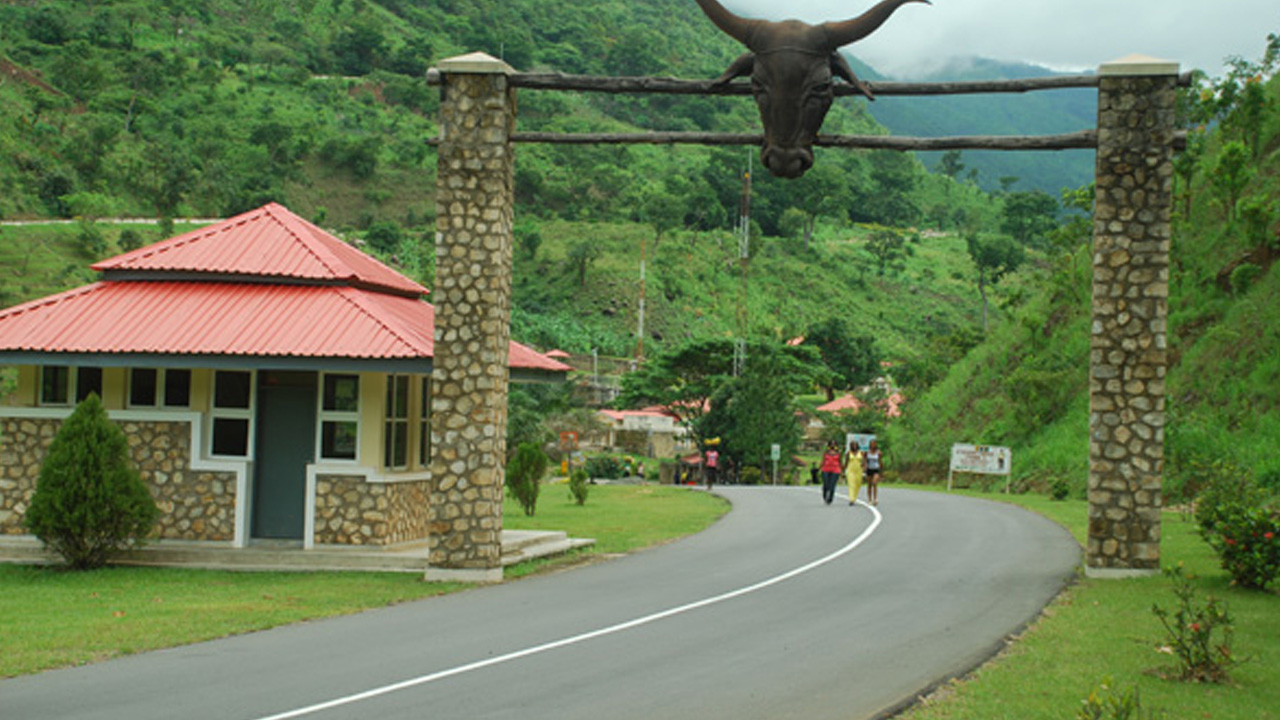The recent twin incidents of unruly passengers and their awful handling by the Nigerian State culminate in a bad advertisement for an already battered image of the country. Clear cases of unruly conduct are statutorily criminal and should have been addressed by the relevant agencies in accordance with the law.
However, to placate indecency with official meddling and selective justice in the name of a “political solution” is tantamount to giving ammunition to bad behaviour and reaffirming a country that is a byword for double standards and complicit leadership.
The unruly cases of the Fuji maestro, Wasiu Ayinde (KWAM-1), and Miss Comfort Emmanson, exposed the rotten underbelly of the Nigerian State. KWAM-1 attempted to board a ValueJet flight in Abuja with a prohibited flask containing liquid, allegedly alcoholic. He allegedly emptied the contents on the crew and security personnel, then obstructed the aircraft in a suicidal act.
Barely five days later, another uncouth citizen, Emmanson, was in a bizarre and grossly demeaning evacuation exercise to be forcefully removed from an Ibom Air flight over a phone row that escalated into a physical confrontation with poorly trained and mean aviation staffers.
KWAM-1 walked home a free man. Emmanson was remanded at Tango City, later Kirikiri Correctional Centre, and slammed a lifetime ban by the Airline Operators of Nigeria (AON) – until public and civil pressure came good for her and won her a rapid freedom.
The Nigerian Civil Aviation Authority (NCAA) clarified that in Emmanson’s case, Ibom Air chose to prosecute because the crew were physically assaulted. In KWAM-1’s case, ValueJet did not pursue legal action; instead, the NCAA petitioned authorities. But before the probe could start and charges filed, the Federal Government accepted KWAM 1’s forced apology in exchange for a one-month flight ban, announced plans to appoint him as an ambassador for airport security protocol. To cover up the blue murder, Emmanson also got a reprieve and withdrawal of charges, among others!
The foregoing is a clear case of selective justice that is just as bad as the unruly passengers deciding their own fates. They are foul calls in the aviation sector and the Nigerian justice system. For starters, unruly passengers like KWAM-1 and Emmanson are a global phenomenon that are often heavily penalised in other countries. Air travel is governed by a complex web of strict protocols designed to ensure the safety and well-being of everyone involved—from passengers and crew to ground staff.
A slight act of bad behaviour or non-compliance onboard or on ground leads to distractions, delays, flight diversions, and even more serious safety risks and attendant operational nightmares threatening the safety of both passengers and crew, mounting additional pressure on aviation security teams, and resulting in losses to the airlines that are notoriously high in risks and thin in profit margin.
The International Air Transport Association (IATA) recorded 53,538 cases of unruly passenger incidents from over 60 operators globally in 2024. Punishments for unruly passengers are inconsistent but increasingly serious. It includes relying on the Montreal Protocol 2014 (MP14) to allow the destination country to prosecute offences from the aircraft’s landing. Depending on the incident’s severity and the country’s laws, punishments can range from airline bans and large fines up to $37,000 to imprisonment and a felony conviction.
Part 17.89.1 of the Nigerian Civil Aviation Authority Regulations 2023 states that an unruly passenger at the airport terminal or on board an aircraft commits an offence. This include far-reaching acts such as: “(a) smoking on board an aircraft or in a non-smoking area of the terminal building; (b) use of mobile phones and/or other communication/electronics gadgets on board an aircraft without the approval of the aircraft commander;“ (c) fighting or other disorderly conduct on board an aircraft or at the terminal building; (d) any conduct/act constituting a nuisance to other passengers; (e) disobedience of lawful instructions issued by the aircraft commander, flight crew, cabin attendants, check-in staff and/or security screening staff; (f) any conduct that endangers or is likely to endanger the safety of flight operations; (g) tampering with smoke detectors and other aircraft equipment,” and it is in this sense that KWAM-1 and Emmanson come to a sharp focus and should have been handled differently.
Typical of an insidious norm of the Nigerian State, the Federal Government took the ignoble route of bungling the opportunity to show that the law is neither a respecter of persons nor entertains a sacred cow. Today’s Nigeria already has a bad reputation for being a home to lawless elites who can only thrive in Nigeria. The closer they are to the party in power, the greater their impunity to get away with malfeasance and ignoble acts. The sentiment out there is that KWAM-1 belongs to this category. Why prove them right by disbanding the cases even before trials? On whose instruction was the decriminalisation and withdrawal of the two cases?
Human rights lawyer, Femi Falana (SAN), rightly accused the Federal Government of undermining its moral authority and losing the moral right to arrest and prosecute any passenger who commits an offence at any of the nation’s airports. Pardoning KWAM-1 without a trial contradicts the principle of equal application of the law and erodes public confidence in the justice system. If a government can whitewash its own case, where is the rule of law? Why should any foreign investor want to partner with Nigeria or Nigerians or local operators, when a presidential impulse can dismiss all scores in favour of his cronies?
Curiously, the Minister of Aviation and Aerospace Development, Festus Keyamo, is a senior lawyer who should smell a reckless abuse of the law from a distance. In this case, he led the perfidy, again, usurping the autonomous role of the Civil Aviation Authority. With no guardrails, he characteristically jumped into the matter, became a sitting judge on the X platform, dishing out selective pardons and counter-orders – all in breaches of the aviation rules.
A lawyer, Keyamo, lacks an aviation background or competent training in technical and regulatory air transport matters, and he has betrayed his lack of suitability for his political office. The sector is highly professionalised with no room for showmanship or overzealous meddlesomeness of a political officeholder. In modern aviation, it is not the remit of a minister, the ministry, or a House Committee to investigate a core aviation incident or accident.
There are laws, and the NCAA should be allowed to implement extant regulations without interference. If the NCAA’s provisions are inadequate, as they sometimes would be, they are eligible for a review. And if the agency head is perceived as incompetent to supervise cases to their logical conclusion, there is a protocol for his replacement. But a meddlesome interloping minister who jumps into every incident is neither civil nor helpful to a sustainable Nigerian cause.
The autonomy of the NCAA is a standard International Civil Aviation Organisation (ICAO) requirement, to which Nigeria is a signatory. The country is already walking on a tight rope ahead of another ICAO audit, bearing in mind her poor performance at the last audit. An NCAA that is tossed hither and thither by the whims of politicians and their uncultured cronies is a red flag before an auditor.
Unruly conduct in public is one of those structural rather than episodic malfeasances of the Nigerian State. These latest cases call for the handlers of the State to take a second look at the type of country they lead, and the legal cum moral barometer they are setting for the citizens and the young ones.






